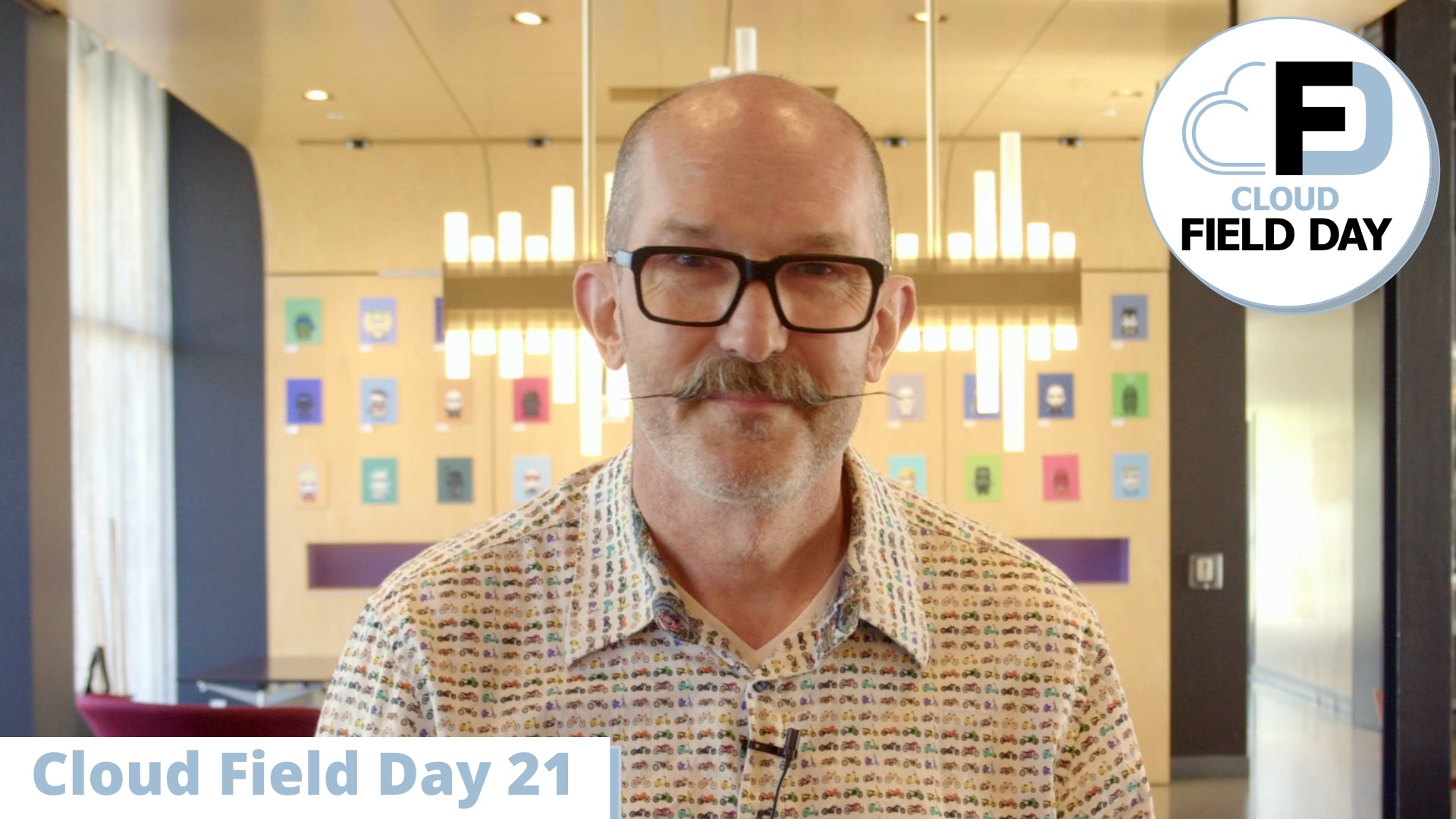Qumulo is tackling that age-old problem – giving companies access to data where they need it, when they need it, no matter what the location is. Qumulo attacked this challenge by building a modern solution of software-defined cloud systems designed to span NVMe, cloud, and spinning disc.
Qumulo offers products and services designed to help companies manage their data and are focused on the on-prem datacenter portion of its technologies. The company presented its storage management solution at Storage Field Day 20.
The Pain Points of Data
According to Qumulo’s research, there are several storage management pain-points driving file management system adoption. The top challenge is the lack of storage products with the features that users need, such as scalability as data grows. The ability to access the cloud any time, complicated data management in the cloud environment, and the need to have deep technical expertise to do these things are also leading concerns.
There is a need for easier data access and the ability to have data where users want it, with strategic data management capabilities. Companies want their teams to spend the day doing strategic activities, not never-ending system maintenance.
The Challenges of Hybrid Cloud and Data
The hybrid cloud market is evolving quickly and has the appeal of flexible environments that allow data movement from on-prem to clouds and back again.
Not surprisingly, many corporate workloads leverage cloud-based applications, for example, capturing data in the datacenter from users. A company may have multiple datacenters all capturing that same user data. If users want to process that vast amount of data in the cloud, navigating the cloud’s applications and services is complicated.
Having a single software application in which users can store their user directories, business unit data and move that data to applications that use legacy apps and more modern applications are the kinds of things that a hybrid cloud environment needs to do.
A considerable obstacle to leveraging the cloud for any data-driven application is application refactoring. Data is stored in a file or object. When users want to access that data somewhere else, they have to refactor that application. Often that is very expensive and too time-consuming. Being able to flip that data between file and object and back again, without refactoring apps, and using that data in the location needs to become a reality, and fast.
Qumulo’s Solutions
Qumulo has built a cloud-native software-defined data system that is a very scalable distributed file system. It can run on X86 systems, or it can run natively on the cloud unstructured. When users deploy it into their environment, if they need a small cluster or need a big cluster behind a compute environment and need to access Qumulo in the cloud, they can run the software solution in those different locations.
Qumulo’s software gives a single user experience across all environments, and it offers users all of the Qumulo software benefits across those environments. As users automate, they tie their applications to Qumulo’s APIs that go with their data as it goes into the cloud or another datacenter.
Getting all of the data into a single software application is one of the first things users need. That application has to be designed to run in the different locations where data is kept, but most users also need to consolidate the workloads they need to go with the data. Qumulo can work with basic applications, creative applications, business applications, and use cloud-native services. it can then share that data no matter where it comes in from – whether it is a Mac, or a Windows box, or a Linux system.
Qumulo has designed its file system to use 100% of the capacity allocated to the file system. Qumulo has customers who run at 99.% capacity and don’t see any performance drop as they get to a full file system, according to the company. Qumulo is also designed to scale to 100s of billions of files, with no performance issues.
The Consolidation of Data Protection
We are in a world where data protection is increasingly important, and unstructured data is more important to businesses; there are more hackers and more compliance problems.
Qumulo has done a lot to build data protection capabilities into its system. It has built-in snapshots; those snapshots can be replicated to an offsite location. If a cloud cluster is being used, companies can make a copy of their snapshot to S3.
Qumulo also has built-in replication, so users can take a Qumulo cluster from their datacenter and replicate it to a Qumolo instance in the cloud. That copy can sit on file or object policy-based so the user can figure out which data is necessary for protection.
Conclusion
Data needs to be accessible, moveable, useable, searchable, and easily managed, and it needs to be able to run and be stored wherever a business needs it to be. If a company has to use cloud for the power of compute or for all-flash instances available for applications in the cloud that users may not have on-prem, then Qumulo might be your answer.
Qumulo can move the data you have created in the past into the cloud, give you access to those applications and those different services in the cloud – or users can spin up their Qumulo instance from the marketplace and start their data business up in the cloud.
The choice of how, where, what, and why a user chooses to consume their data is now really up to them.




